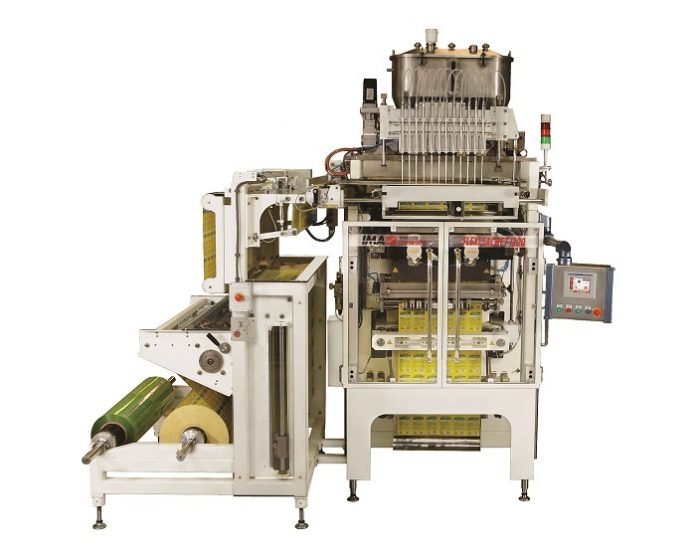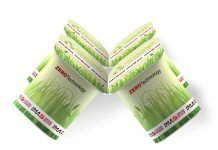In December 2014, the Bologna-based international Industria Macchine Automatiche (IMA Group) acquired the Oystar Group of companies – a major player in packaging equipment for dairy products and food. The acquisition created one of the largest global packaging companies with combined revenues of Euro 1.25 billion. Owned by private equity investor Odewald before the acquisition, Oystar includes the five top packaging machinery brands of Germany and France – Benhill, Erca, Gasti, Hamba and Hassia.
Leadership in solids and pastes

Together the companies cover the entire range of dairy products, pastes, solid foods, liquids, packed in the form fill seal (FFS) segment in pouches, packets, cups, sachets, bags, cartons, HDPE bottles, aluminum cans and a variety of shapes and applications. Pune-based Oystar Hassia, which focuses on Asia and Africa, was amongst the companies acquired by the IMA Group. The plant manufactures a wide range of vertical form fill seal (VFFS) machines, besides dosing systems, and solutions for dairy products, rice, sugar, spices, confectionery, oil, detergents, as well as agrochemical products and seeds.
Describing the India operation, K Ravi, managing director of IMA Hassia India says, “We are in many areas other than dairy products and are producing nearly 150 machines each year in the VFFS segment for packing solids that include powder, granules and cubes in pillow pouches, gusset and stand-up pouches.” These machines come in a variety of sizes packing 100 grams to 10 kilograms each minute and can pack up to a speed of 7 to 8 tonnes an hour. Rice, flour, pulses, baby food, sugar and salt is packed by Hassia for both Indian and multinational customers. “To uphold its dominance in the rice segment, Hassia India has recently developed and installed its first servo belt weigher in KRBL, a leading rice miller and exporter who packs its India Gate Basmati rice brand on Hassia machines,” says Bhakti Dakwale, assistant manager marketing, IMA Hassia India.
Major export push
The Indian FFS market is extremely competitive and the demand for FFS packaging has not grown according to expectations during the last three years. “Hassia which earned around 15% to 20% of its revenues from exports three years ago is increasingly becoming an export-oriented company,” says Ravi. “Exports account for 30% of the revenue of Hassia India today and are expected to rise to 50% of the turnover by 2017. We find the domestic market hampered by over capacities and markets of Asia and Africa growing at a faster pace.”
“The Indian market is hyper competitive and we have at times to subsidize lower domestic prices by innovation and export profits,” says Ravi. For example, Hassia India now provides an innovative solution to a unique requirement of Mondelez International to pack the mini-Oreo cream biscuits in cups for the Indonesian market. Hassia seamlessly integrated the multihead weighing system with its modular cup filling BFS system to meet the demands of this unconventional application.











